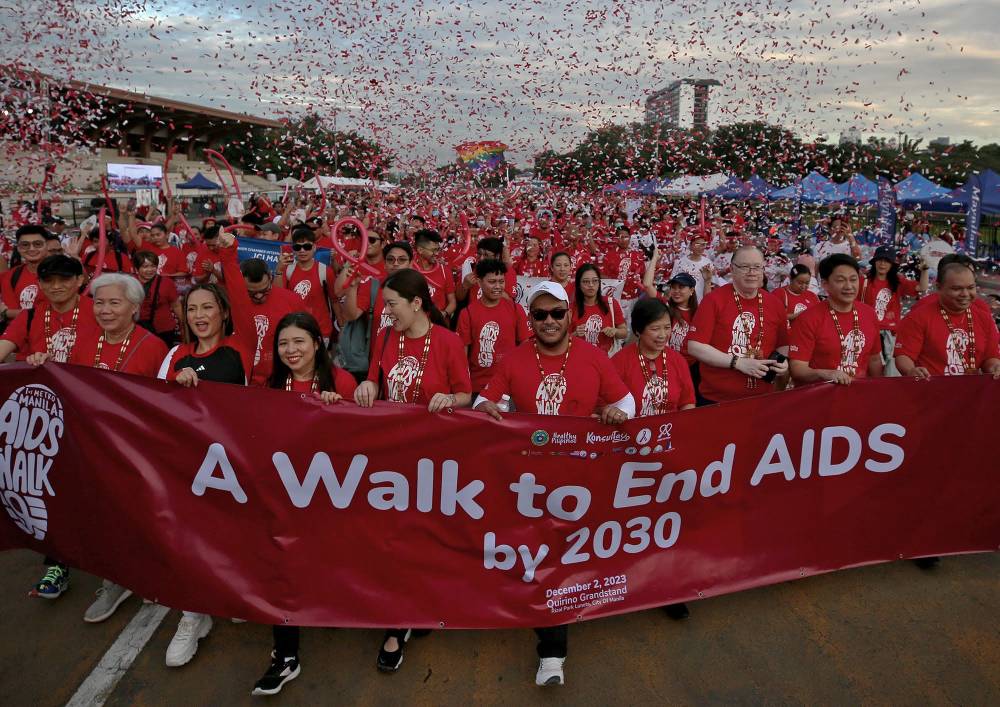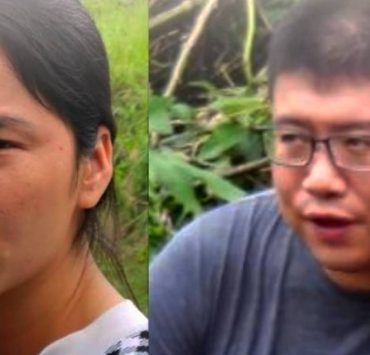AIDS conference discloses 7th HIV case apparently cleared of virus

MUNICH—The leading international conference on AIDS which concluded over the weekend has disclosed a seventh HIV (human immunodeficiency virus) case who has been apparently cleared of the virus after long-term treatment and stem cell transplants.
Organizers of the 25th International AIDS Conference, which ended on July 26, identified the case to be “the second Berlin patient.” An earlier patient in Berlin was identified as an HIV remission case in 2007.
At a news conference on July 24, the organizers also cited three other persons who had HIV remission among the seven.
The World Health Organization (WHO), in a statement on Thursday, said the second Berlin patient “confirms the existence of several routes to explore different interventions to stimulate specific stem cells to reach long-term HIV control and cure.”
“If patients can use stem cell transplant donors with only a single mutation, … this potential HIV cure strategy could be more widely used, as this genetic profile is more frequently found,” WHO also said, even as it noted that the second Berlin case still “does not have immediate or direct clinical implications.”
Another highlight at the conference was the disclosure of a long-acting, twice-yearly injectable prevention treatment called Lenacapavir.
Roadblocks to HIV cure
“We’re seeing impressive innovation across the entire spectrum of HIV research,” said Dr. Sharon Lewin, president of the International AIDS Society, which convenes the biennial event that is the world’s largest gathering of people affected by the virus.
But challenges remain in the fight against HIV, such as decreased funding, harmful policies and a rise in authoritarianism which also fosters a growing distrust in science.
“Around the world, we are seeing increases in repressive policies, attacks on human rights, incredulous information, cuts to health funding and waning trust in international institutions—all roadblocks to ending HIV,” Lewin said.
“An effective vaccine is still the only way to end HIV,” she said.
Winnie Byanyima, executive director of the Joint United Nations Programme on HIV/AIDS, said “the success or failure of the HIV response will be determined by the actions of leaders today.”
“Stop the discrimination and stigma that are pushing the most marginalized people away from lifesaving health services,” she said. “We know the path that ends AIDS but we have no time to wait.”
Ugandan activist Jay Malucha, executive director of Fem Alliance Uganda, emphasized how regressive policies can pose serious threats to persons who have HIV, especially if they are gender-diverse.
“In Uganda, every day, I wake up and wonder if I will be safe. Because people like us look different, we are beaten, attacked and arrested,” he said, noting a 2023 law against homosexuality that imposes the death penalty.
Ukrainian Anton Basenko of the International Network of People Who Use Drugs—who is also the first drug user to address the conference—said “We have all the means to end HIV but what we don’t have is time.” He enjoined leaders to act now with the affected communities. INQ
By Diana G. Mendoza

















